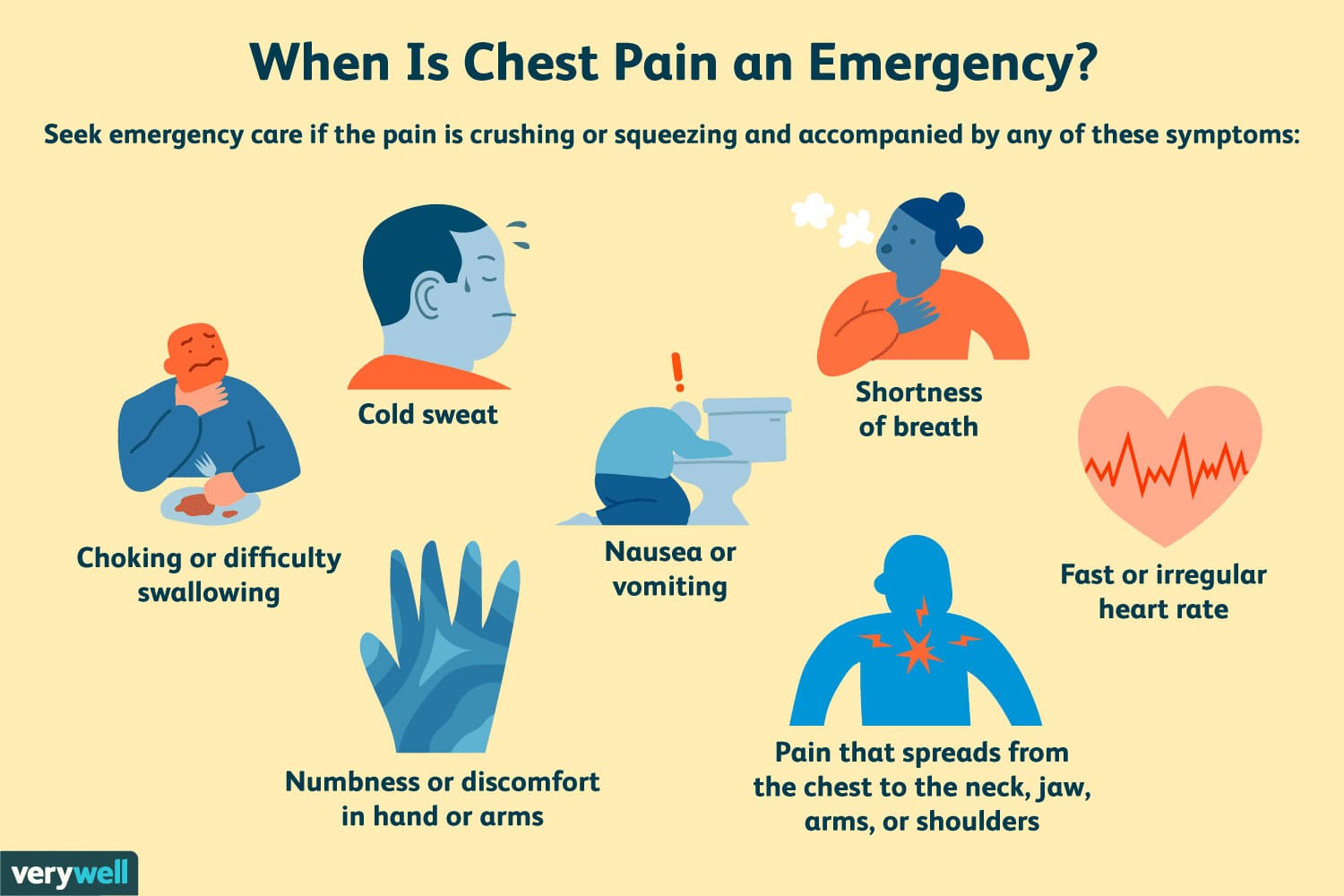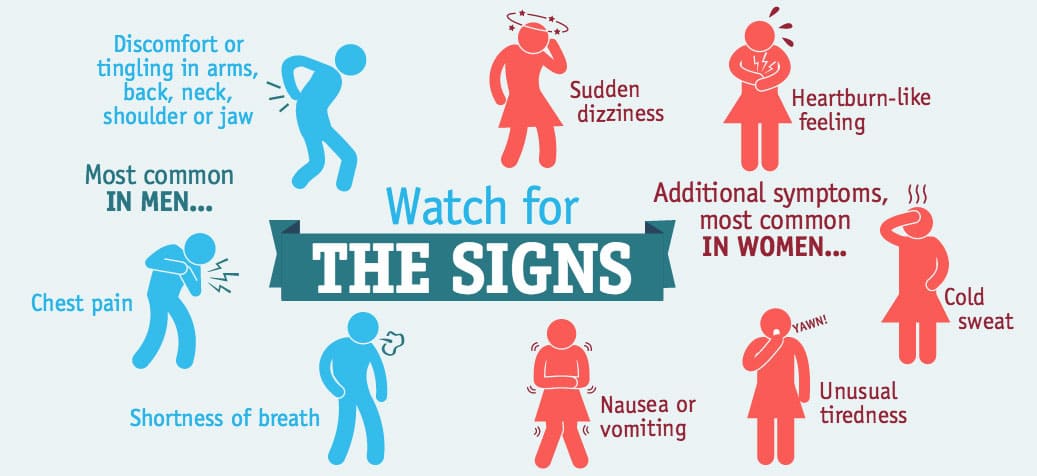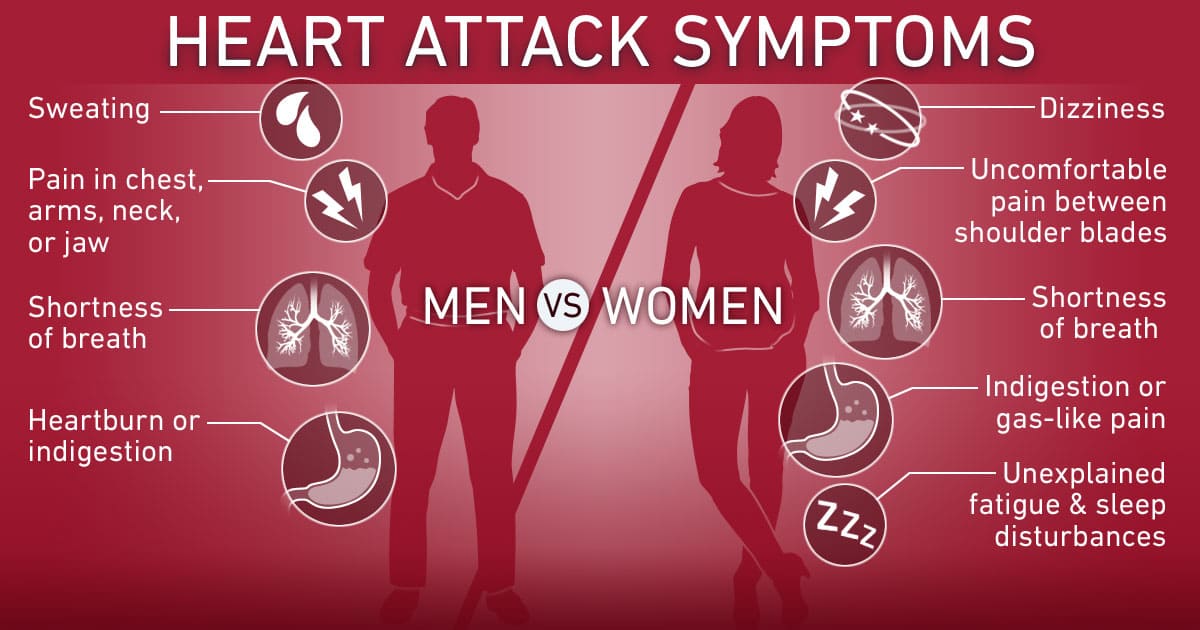Chest Pain
05
July
2021

What Does Chest Pain Feel Like?
If you have been feeling chest pain or wondering about it, this article is for you. Chest pain is a general feeling of discomfort that could expand in any area around or across the chest. Chest pain could be an indicator that you might be suffering from a serious problem.
It could feel like a sharp shooting pain inside your lungs, a pain that spreads across your rib cage, or even a tightening in the chest that causes difficulty breathing. The intensity of the pain could range from a dull ache or a slight tightening in the chest to a stabbing pain that can be felt all across the chest.
Many non-life-threatening causes could trigger chest pain; however, it is important to note that consulting a healthcare professional is very important since chest pain could also indicate the development or the presence of a serious underlying issue.
All You Need to Know About Chest Anatomy
Now that we have established that chest pain could indicate the presence of an issue that requires serious attention, here is some additional information that could help you understand the reasons that could provoke chest pain, or even cause more serious conditions.
Your chest houses vital organs and muscles such as the heart, the lungs, the liver, the esophagus, and the thoracic diaphragm. The chest also contains various networks of vital veins and arteries that enable your entire body to receive oxygenated blood.

What are the Symptoms of Chest Pain?
Chest pain varies depending on these four pain indicators:
Intensity
Duration
Location
Quality
However, the location of the pain is the main factor that changes the types of symptoms you could be suffering from. In other terms, you could suffer from heartburn or a tightening in the chest due to a digestive problem.
You could also suffer from dizziness, shortness of breath, and nausea if the causes of chest pain are heart-related. People suffering from chest pain can also experience acidic taste in their mouths, difficulty swallowing, fever, chills, and hyperventilation.
What Causes Chest Pain?
Chest pain is triggered by many issues and problems. Some types of chest pain may have direct causes that are located in the chest, while other types of chest pain are caused due to indirect triggers such as panic and anxiety attacks.
The Heart: If the pain is originating from a heart-related issue, you might suffer from chest tightening, dizziness, shortness of breath, abdominal pain, nausea, and pain during exertion. Heart attacks are also major reasons that can trigger severe shortness of breath, as well as chest pain alongside back and shoulder pain.
Here are some other heart-related chest pain triggers:
Angina: Angina happens whenever the heart muscles do not get enough oxygen-rich blood.
Pericarditis: The inflammation of the pericardium (a membrane that surrounds the heart to help it function and to hold it in place) causes pain. The pain is similar to that of a heart attack, however, the main cause of the ache triggered by pericarditis is the friction between the membrane and the heart due to a lack of fluid that usually prevents friction.
Myocarditis: The inflammation of the heart muscle can also cause severe chest pain.
Aortic dissection: The pain caused by an aortic dissection is due to the tear of the aorta which is the large blood vessel that branches off the heart, therefore causes blood to surge out of the vessel.
Cardiomyopathy: This condition is a medical emergency. Cardiomyopathy could cause heart failure if it were not immediately treated. This condition prevents the heart from properly pumping blood to the rest of the body.
-
The abdomen: Chest pain could be caused due to digestive complications. Pancreas and gallbladder problems, for example, can trigger abdominal pain that expands to the chest. Heartburn can also cause chest discomfort whenever acid washes up into the esophagus, which is located right behind the breastbone, and therefore results in a sensation of pain and discomfort.
-
Muscles and bones: Muscle or bone injuries are very common chest pain triggers. Broken or bruised ribs, as well as sore muscles, can cause a burning or painful sensation in your chest.
-
The Lungs: Lung-related pain can cause severe aches. Some of the conditions that affect the lungs include:
Pulmonary Embolism: This condition occurs when a blood clot is clogged in a lung artery, which blocks blood flow to lung tissues.
Collapsed lung: This condition causes sudden and severe pain that could last for hours. It is triggered if air leaks between the lungs and the ribs, causing intense shortness of breath.
Pulmonary Hypertension: This type of pain is caused due to high blood pressure in the arteries.
Pleurisy: Pleural Effusion condition causes sudden sharp pain in the lungs when inhaling or coughing, due to the inflammation of the membrane that covers the lungs.
Reactivation of the chickenpox virus could cause pain and the appearance of a series of blisters around the chest and across the back. Panic and anxiety attacks can also cause shortness of breath, dizziness, and chest pain.
Also, the recent outbreak of the COVID-19 virus can result in a sensation of pain around the chest. Although it is not one of the main causes of chest pain, it has been recorded in many cases.

How to Diagnose the Cause of Chest Pain?
Diagnosing the causes of chest pain requires careful examination. A healthcare professional will ask you a few questions regarding the intensity and the type of pain. Many diagnostic tests can be done in order to detect any malfunction or issue that is triggering the pain.
You might have to undergo one or more of the following examination tests:
Blood tests: They help measure enzyme levels.
An MRI: This test helps detect any damage to the heart or aorta.
An angiogram: This test helps spot any possible artery blockage.
An electrocardiogram: This test records the heart’s electrical activity.
Stress tests: These tests help record and measure the heart’s function after exertion.
How to Prevent Chest Pain from occurring?
Recognizing and understanding the possible reasons that could cause chest pain is a key factor in tailoring a pain prevention strategy. Taking care of your general health is vital when it comes to preventing any diseases or issues that attain the chest area.
Here are some precautionary measures you can take into consideration:
Avoid smoking, which helps preserve the lungs as well as the heart’s wellbeing.
Avoid inadequate movements and exercise that can injure ribs or chest muscles.
Avoid products that contain nicotine and caffeine.
Reduce stress levels by practicing meditation, swimming, or any other kind of relaxation method.
Strengthen your chest muscles and commit to regular and adequate exercise, which helps maintain healthy muscles and a healthier breathing mechanism.
Developing healthier habits will directly impact the heart’s, lungs’, and muscles’ wellbeing. Reducing the risk of suffering from chest pain requires a consistent and vigilant lifestyle. Excessive alcohol consumption, smoking, and inadequate exercise can cause the development of many health complications.

How to Treat Chest Pain?
No type of chest pain should be ignored. Pain in this area could indicate the development of a serious health problem. If your chest pain comes suddenly, frequently, or lasts for more than a few minutes, contact a healthcare professional immediately. Consulting a healthcare professional whether the pain is severe or mild should be a priority in order to detect any problem that can turn into a bigger health complication. Chest pain treatments depend on the cause of the pain. Chest pain can be treated either through therapy, medication and/or with surgery.
Here are some treatments that could be necessary after receiving your chest pain diagnosis:
Heart-related treatment: Opening a partially clogged artery can be done through the intake of medication such as nitroglycerin. Blocked arteries can also be treated through cardiac catheterization, which involves the use of stents or balloons to remove the blockage.
Lung-related treatment: Lung reinflation required the insertion of a chest tube, which will treat a collapsed lung.
Digestion-related treatment: heartburn and reflux can be treated with the intake of certain anti-acid medications.
Mental health-related treatment: therapy, exercise, meditation and other forms of stress reduction activities can help with the reduction of anxiety levels. However, in some cases, medication is required to solve anxiety issues. In this case, anti-anxiety medication will be prescribed.
Experiencing extreme, sudden, and constant chest pain can be an indicator of a life-threatening medical case. Consulting a healthcare professional and keeping up with regular medical consultation will help treat any underlying health complication before it aggravates.
Once the condition is diagnosed, the healthcare professional will recommend and start the needed treatment methods.
If you or anyone you know is suffering from chest pain, call us today on (469) 562 4188 to book an appointment with our expert doctors.